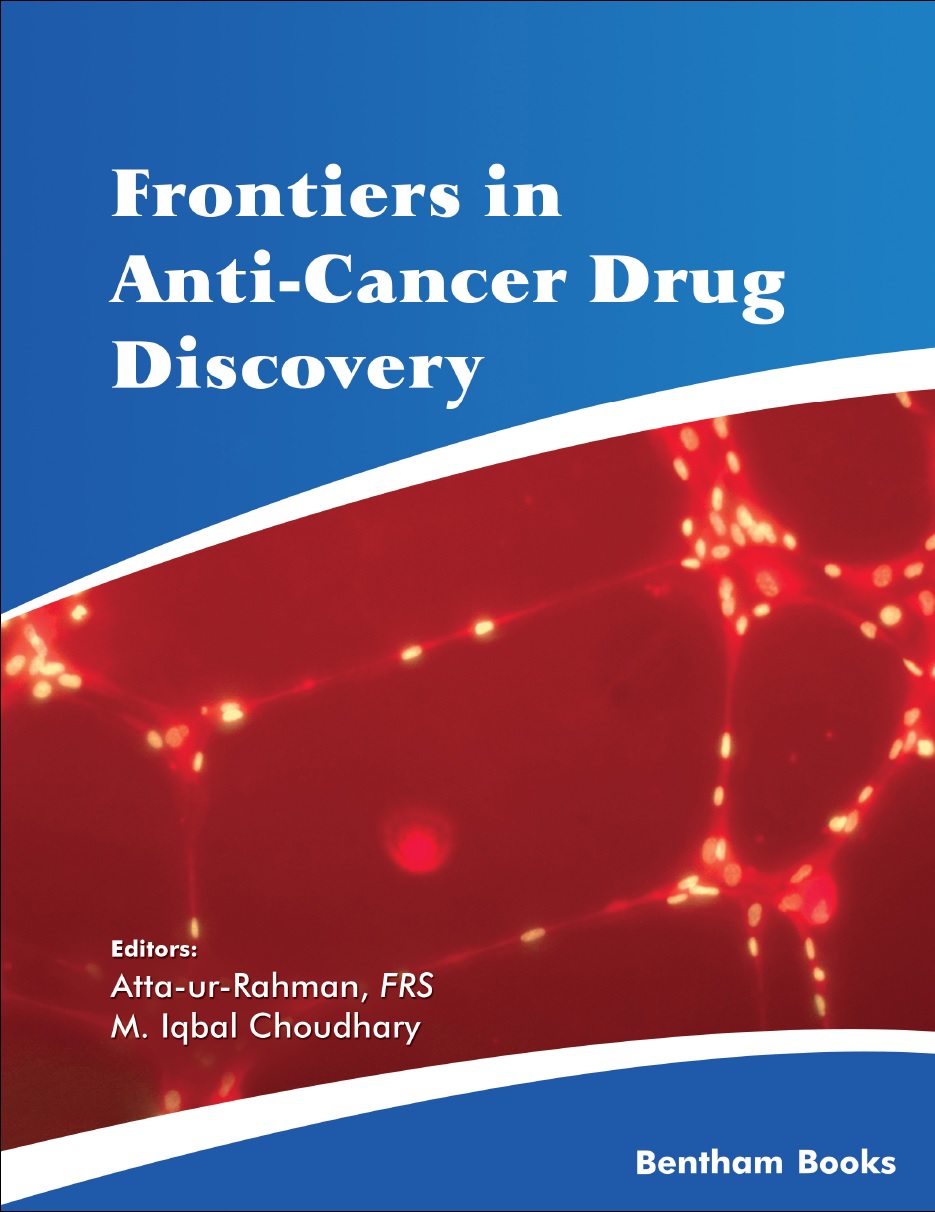Preface
Despite tremendous development in our understanding of different types of cancer at biochemical and genetic levels, prevention, diagnosis, and treatment is still far from perfect. Based on the histopathological heterogeneity and remarkable genetic complexities of cancer, research on this disease has emerged as a truly interdisciplinary science. From biomarker identification for diagnosis and diseases progression monitoring to personalized treatment, the research is spread over a wide range of fields and disciplines. This book series “Frontiers in Anti-Cancer Drug Discovery” is, therefore, aimed to provide comprehensively written review articles on carefully selected topics in this important field. Volume 11 of the book series contains five (5) chapters covering target identification to new classes of anticancer therapies, each contributed by eminent experts.
The review contributed by Neri et al. focusses on the importance of targeting phosphoinositide 3 kinases (P13Ks), their downstream mediator Akt and the mammalian target of rapamycin (mTOR) as targets for drug discovery against the acute lymphoblastic leukemia (ALL). They have included examples of small molecular inhibitors of P13Ks/Akt/mTOR as targeted drug candidates. Javed et al. have reviewed recent researches on polymeric nanomedicine for the treatment of breast cancers. The results of preclinical studies on polymeric nanomedicines in terms of target specificity, improved bioavailability and safety via their passive and active modes of action are presented. Lung cancers (non-small cell lung cancer and small cell lung cancer) are among the most aggressive cancer types with high mortality. Gabrani et al. review recent developments in the treatment of lung cancers, including EGFR tyrosine kinase inhibitors (TKIs), inhibitors of imbalance microRNA, and immunotherapy. Saima et al. have contributed a comprehensive chapter on the recent advancements in the applications of self-nonemulsifying drug delivery system (SNEDDS) for cancer chemotherapeutics. SNEDDSs offer improved bioavailability and greater tolerability as oral anticancer drug delivery vehicles. Last but not the least, Jain et al. focus on exciting advances in novel targeting approaches for the prevention, diagnosis and treatment of cancers. This includes theranostics based systems for diagnosis coupled cancer therapies.
The above review articles by prominent researchers in the field of cancer research directed towards anticancer drug discovery should be of great interest to research scholars. We are grateful to all the authors for their excellent and scholarly contributions to the 11th volume of this internationally acclaimed ebook series. The Editorial team of Bentham Science Publishers deserves appreciation for the efficient processing and timely management of this publication. The coordination and liaison by Ms. Fariya Zulfiqar (Manager Publications), under the leadership of Mr. Mahmood Alam (Director Publications) is gratefully acknowledged. We also hope that like the previous volumes of this book series, the current compilation will also receive wide readership, and appreciation.
Prof. Dr. Atta-ur-Rahman, FRS
Honorary Life Fellow
Kings College
University of Cambridge
Cambridge
UK
&
Prof. Dr. M. Iqbal Choudhary
H.E.J. Research Institute of Chemistry
International Center for Chemical and Biological Sciences
University of Karachi
Karachi
Pakistan

